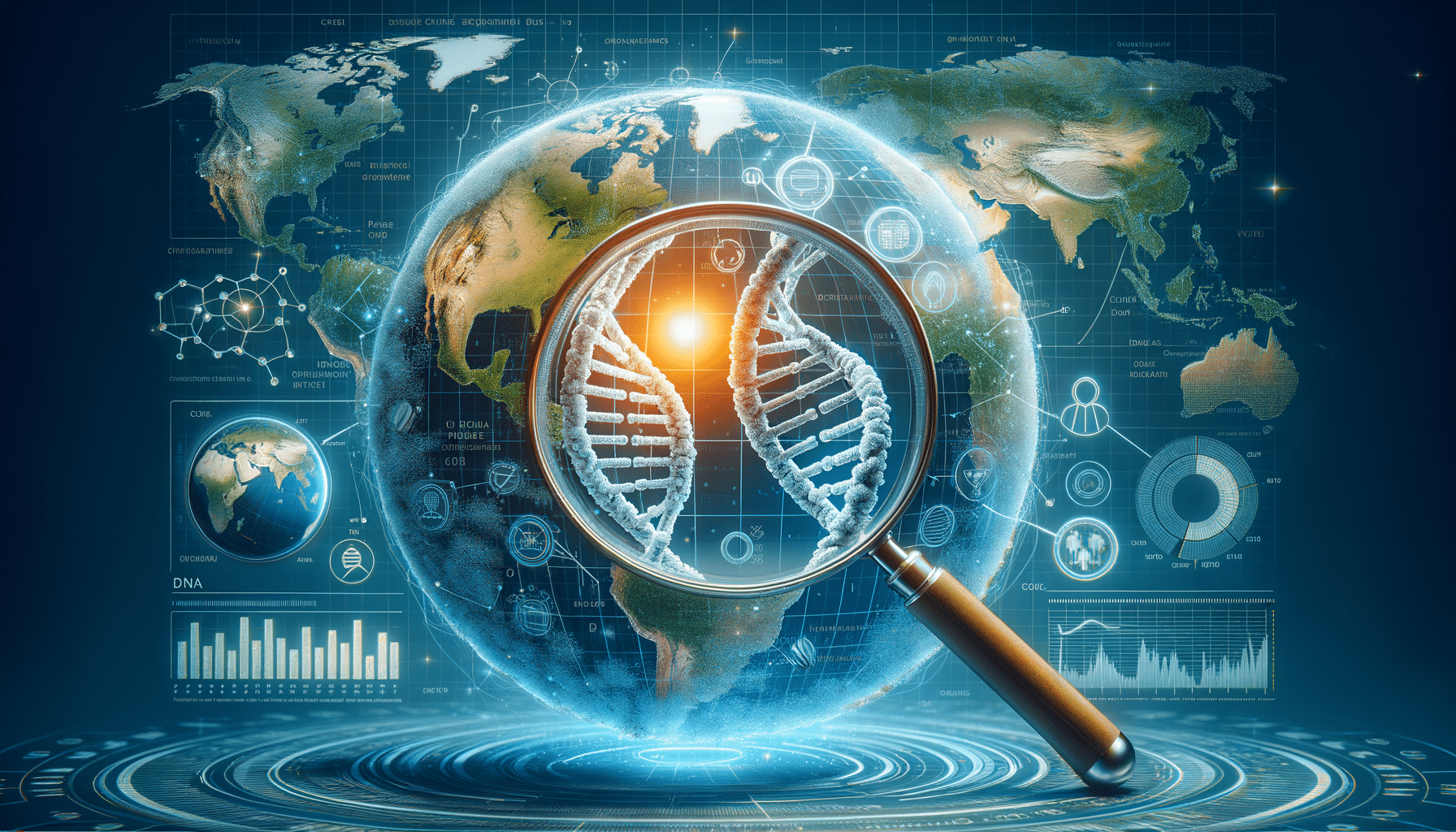
Discover Your Roots with Personal DNA Insights
Introduction to DNA Testing
In recent years, DNA testing has gained significant traction among individuals seeking to uncover their genetic makeup and heritage. This scientific breakthrough offers a fascinating glimpse into our ancestry, helping us understand where we come from and what makes us unique. DNA testing involves analyzing specific markers in our genetic code to provide insights into our lineage and potential health predispositions. As the demand for personal DNA tests increases, more people are turning to this technology to explore their identity and connect with their roots.
The Science Behind DNA Testing
The process of DNA testing begins with the collection of a simple sample, often a saliva swab, which is then analyzed in a laboratory. The DNA is extracted and examined for various genetic markers that can reveal a wealth of information. These markers are compared against extensive databases to determine ethnic backgrounds and potential familial connections. The accuracy and depth of the results depend on the size and diversity of the database used, making it a crucial factor in the testing process.
DNA testing can identify regions of origin, trace migration patterns of ancestors, and even predict health risks based on genetic predispositions. This information is invaluable for individuals seeking to understand their heritage and make informed health decisions. Moreover, the continuous advancements in genetic research promise even more detailed insights in the future.
Applications of DNA Testing
DNA testing serves various purposes beyond personal curiosity. One of the most popular applications is genealogy, where individuals aim to construct their family tree and connect with distant relatives. This has become particularly appealing to those with limited knowledge of their ancestry, offering a tangible link to their past.
Another significant application is in the field of health and wellness. DNA testing can identify genetic markers associated with certain health conditions, allowing individuals to take preventive measures or seek early treatment. This proactive approach to health management can be life-changing for many, providing a roadmap for maintaining well-being.
Beyond personal use, DNA testing plays a crucial role in forensic science, aiding in criminal investigations and identification processes. This highlights the versatility and importance of DNA technology in various fields.
Ethical Considerations and Privacy Concerns
While DNA testing offers numerous benefits, it also raises ethical and privacy concerns. The sensitive nature of genetic information necessitates stringent data protection measures to prevent misuse. Companies providing DNA testing services must adhere to strict privacy policies, ensuring that personal data is not shared without consent.
There is also the ethical dilemma of discovering unexpected information, such as unknown relatives or health risks. Individuals must be prepared for the potential emotional impact of such revelations and consider the implications for themselves and their families.
As DNA testing becomes more accessible, it is essential to balance the pursuit of knowledge with respect for privacy and ethical boundaries.
Future of DNA Testing
The future of DNA testing is promising, with ongoing research and technological advancements paving the way for more comprehensive and accurate analyses. As databases grow and algorithms improve, the potential for discovering new insights into our genetic makeup expands.
Innovations in DNA technology are also expected to enhance personalized medicine, allowing for tailored treatments based on individual genetic profiles. This could revolutionize healthcare, making it more efficient and effective.
Furthermore, as awareness and understanding of DNA testing increase, it will likely become an integral part of our lives, offering a deeper connection to our heritage and a proactive approach to health management.


